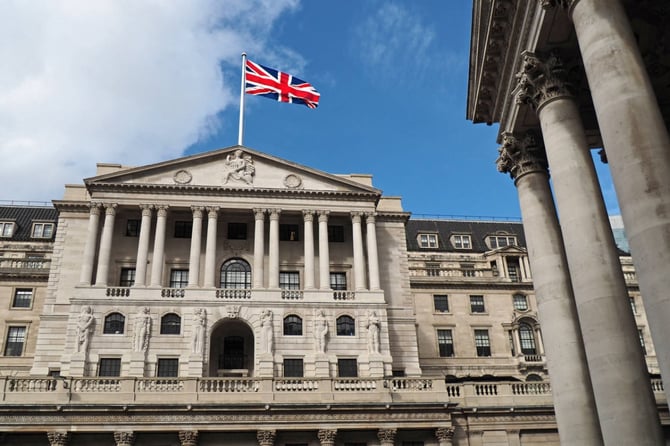Bank of England Raises Interest Rates for 12th Time

On Thursday, the Bank of England (BOE) increased interest rates by 0.25 percentage points in its effort to combat out-of-control inflation. The decision marks the 12th consecutive interest rate hike, bringing the main borrowing rate in the UK to 4.5%, the highest since October 2008.
This move follows similar actions taken by the US Federal Reserve and the European Central Bank one week prior. The BOE has upgraded its economic growth forecast, now expecting the UK economy to expand by 0.25% in 2023 and by 0.75% in 2024. This is a more optimistic prediction than the previous forecast from February, which projected a contraction of 0.5% in 2023 and 0.25% in 2024.
The BOE expects inflation, which remains above 10%, to fall sharply in the coming months, driven primarily by falling energy prices. The bank predicts that inflation will ease, with more positive signs expected in next month’s reading.
What does this mean for me?
Inflation in the UK has remained stubbornly high due to surging food and energy prices, as well as low unemployment and worker shortages that have led to wage increases. In March, data showed the annual rate of inflation fell to 10.1% from 10.4% in February, but is still higher than in the US and Europe.
The price of food rose at the fastest pace in over 45 years, with bread and cereal prices experiencing the largest increase. Overall, the BOE predicts that the economy will narrowly avoid a recession as energy prices fall.
This move follows similar actions taken by the US Federal Reserve and the European Central Bank one week prior. The BOE has upgraded its economic growth forecast, now expecting the UK economy to expand by 0.25% in 2023 and by 0.75% in 2024. This is a more optimistic prediction than the previous forecast from February, which projected a contraction of 0.5% in 2023 and 0.25% in 2024.
The BOE expects inflation, which remains above 10%, to fall sharply in the coming months, driven primarily by falling energy prices. The bank predicts that inflation will ease, with more positive signs expected in next month’s reading.
What does this mean for me?
Inflation in the UK has remained stubbornly high due to surging food and energy prices, as well as low unemployment and worker shortages that have led to wage increases. In March, data showed the annual rate of inflation fell to 10.1% from 10.4% in February, but is still higher than in the US and Europe.
The price of food rose at the fastest pace in over 45 years, with bread and cereal prices experiencing the largest increase. Overall, the BOE predicts that the economy will narrowly avoid a recession as energy prices fall.
More News
.webp)
Japan’s Rate Shift Is Rippling Through Global Bond Markets
6 days ago

China’s Growth Engine Stalls as Consumers and Investors Pull Back
1 week ago

Egypt’s Recovery Gains Traction as Household Pressure Lingers
2 weeks ago

OECD Warns AI and Tariffs Will Test the Global Economy
3 weeks ago

Zero Tariffs, Higher Drug Bills as US and UK Reset Pharma Trade
3 weeks ago

Catastrophe Bonds Go Global as Climate Risk Meets Yield Hunting
3 weeks ago
.webp)
Canada Shields Steel and Lumber Industries From Tariffs
4 weeks ago

Trump Drops Selected Tariffs in Response to Inflation Pressures
1 month ago